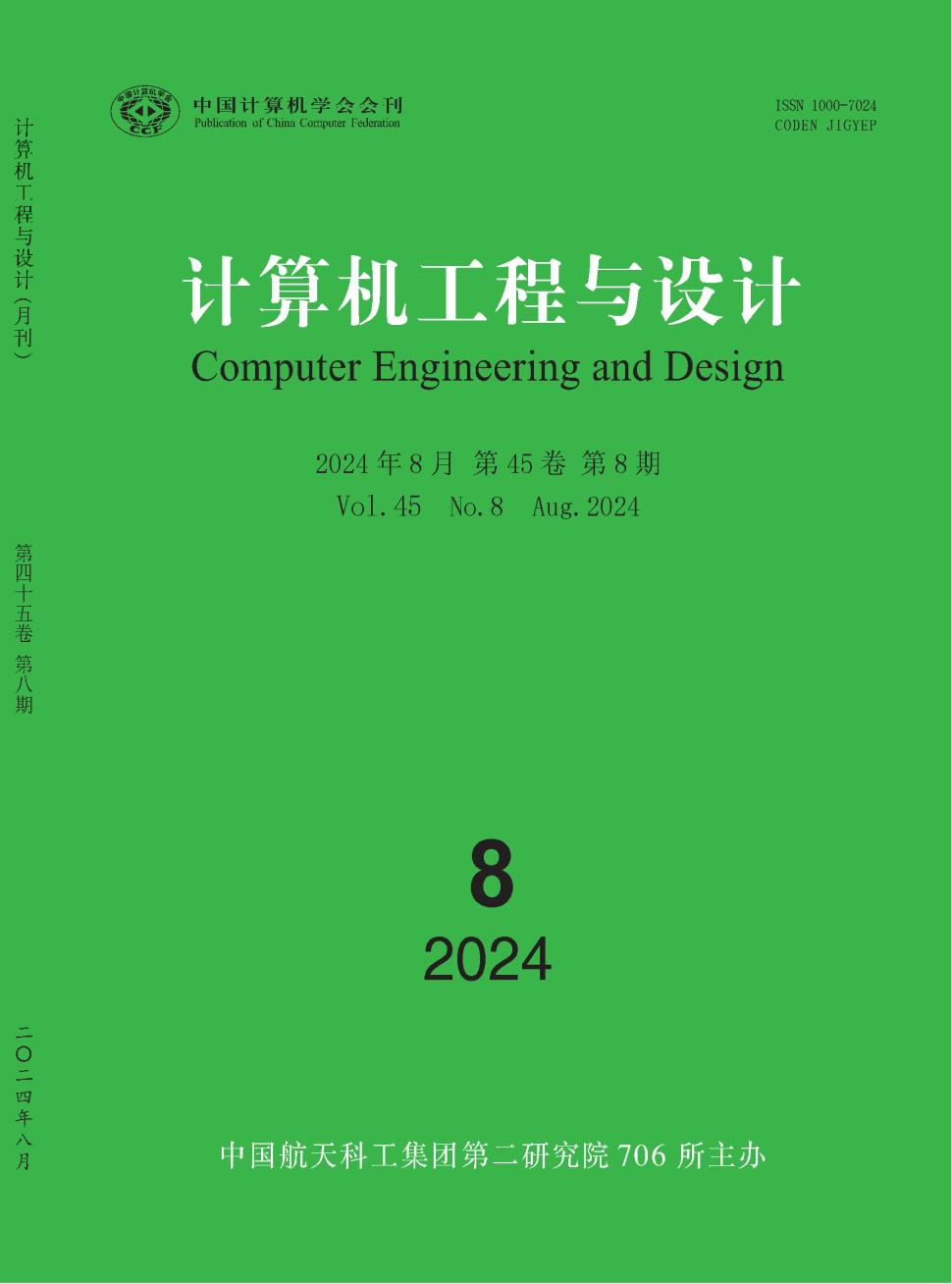Peer to Peer Federated Learning: Towards Decentralized Machine Learning on Edge Devices
引用次数: 3
Abstract
Federated Learning (FL) is an emerging technique that assures user privacy and data integrity in distributed machine learning environments. To perform so, chunks of data are trained across edge devices and a high performance cluster server maintains a local copy without exchanging it with other parties. In this work, we investigate a FL scenario in a real-world case study using 5, 10 and 20 Raspberry Pi devices acting as clients. Under this setup, we employ the widely known FedAvg algorithm which trains each client for several local epochs and then the weight of each model is aggregated. Moreover we perform experiments across imbalanced and noisy data so as to explore scalability and robustness based on real-world datasets were noise is present and we also propose two innovative algorithms where the FL scenario is considered as a peer-to-peer formulation. Ultimately, to ensure that each device is not oversampled a client-balancing Dirichlet sampling algorithm with probabilistic guarantees is proposed.点对点联邦学习:在边缘设备上实现分散的机器学习
联邦学习(FL)是一种在分布式机器学习环境中确保用户隐私和数据完整性的新兴技术。为此,跨边缘设备训练数据块,高性能集群服务器维护本地副本,而无需与其他方交换。在这项工作中,我们在一个现实世界的案例研究中研究了一个FL场景,使用5、10和20个树莓派设备作为客户端。在这种设置下,我们采用了广为人知的fedag算法,该算法对每个客户端进行几个局部epoch的训练,然后对每个模型的权重进行聚合。此外,我们在不平衡和有噪声的数据上进行实验,以探索基于存在噪声的真实数据集的可扩展性和鲁棒性,我们还提出了两种创新算法,其中FL场景被视为点对点公式。最后,为了确保每个设备不被过采样,提出了一种具有概率保证的客户端平衡Dirichlet采样算法。
本文章由计算机程序翻译,如有差异,请以英文原文为准。
求助全文
约1分钟内获得全文
求助全文
来源期刊
自引率
0.00%
发文量
20353
期刊介绍:
Computer Engineering and Design is supervised by China Aerospace Science and Industry Corporation and sponsored by the 706th Institute of the Second Academy of China Aerospace Science and Industry Corporation. It was founded in 1980. The purpose of the journal is to disseminate new technologies and promote academic exchanges. Since its inception, it has adhered to the principle of combining depth and breadth, theory and application, and focused on reporting cutting-edge and hot computer technologies. The journal accepts academic papers with innovative and independent academic insights, including papers on fund projects, award-winning research papers, outstanding papers at academic conferences, doctoral and master's theses, etc.

 求助内容:
求助内容: 应助结果提醒方式:
应助结果提醒方式:


